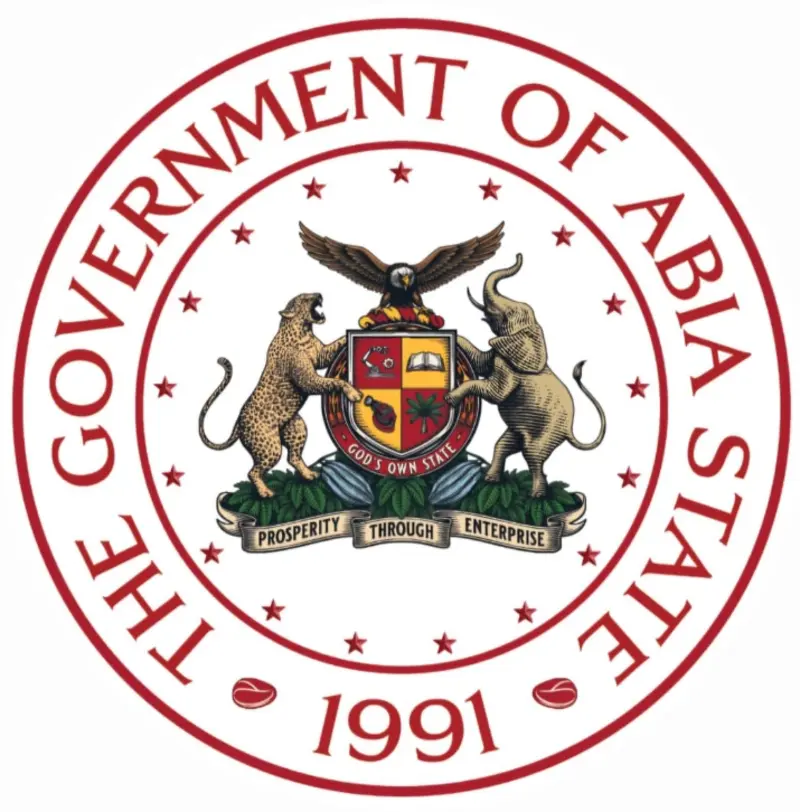The Pentagon has introduced a new policy for media outlets, warning that journalists who make unauthorized disclosures may have their press credentials revoked. The updated policy, reported by The Washington Post and Politico, was outlined in a memo sent to media organizations on Friday. According to the document, journalists will only be allowed access to the Pentagon premises if they sign agreements restricting their movement within the building and stipulating that they will not obtain or possess unapproved materials.
The memo emphasizes the importance of transparency and accountability, but also stresses that Department of War information must be approved for public release by an authorized official before it is released, even if it is unclassified. The National Press Club has condemned the policy, describing it as an unacceptable infringement on the independence of the press and a dangerous precedent for access to public institutions.
In response to the backlash, Defense Secretary Pete Hegseth stated that the press is no longer allowed to roam the halls of a secure facility and must wear a badge and follow the rules or leave. The Pentagon has taken several steps to limit direct communication between military personnel and the press, including subjecting employees to FBI polygraph tests to identify leakers. Additionally, Attorney General Pam Bondi has announced that federal authorities may seek access to journalists’ phone records and require them to testify as part of investigations into unauthorized disclosures.
The new policy is part of a broader effort to crack down on information leaks. The Pentagon’s measures have raised concerns about the impact on press freedom and the ability of journalists to report on important stories. The policy update has significant implications for the media and the public, as it may limit access to information and restrict the ability of journalists to hold those in power accountable. As the situation develops, it remains to be seen how the media and the Pentagon will navigate these changes and their potential impact on the public’s right to know.



